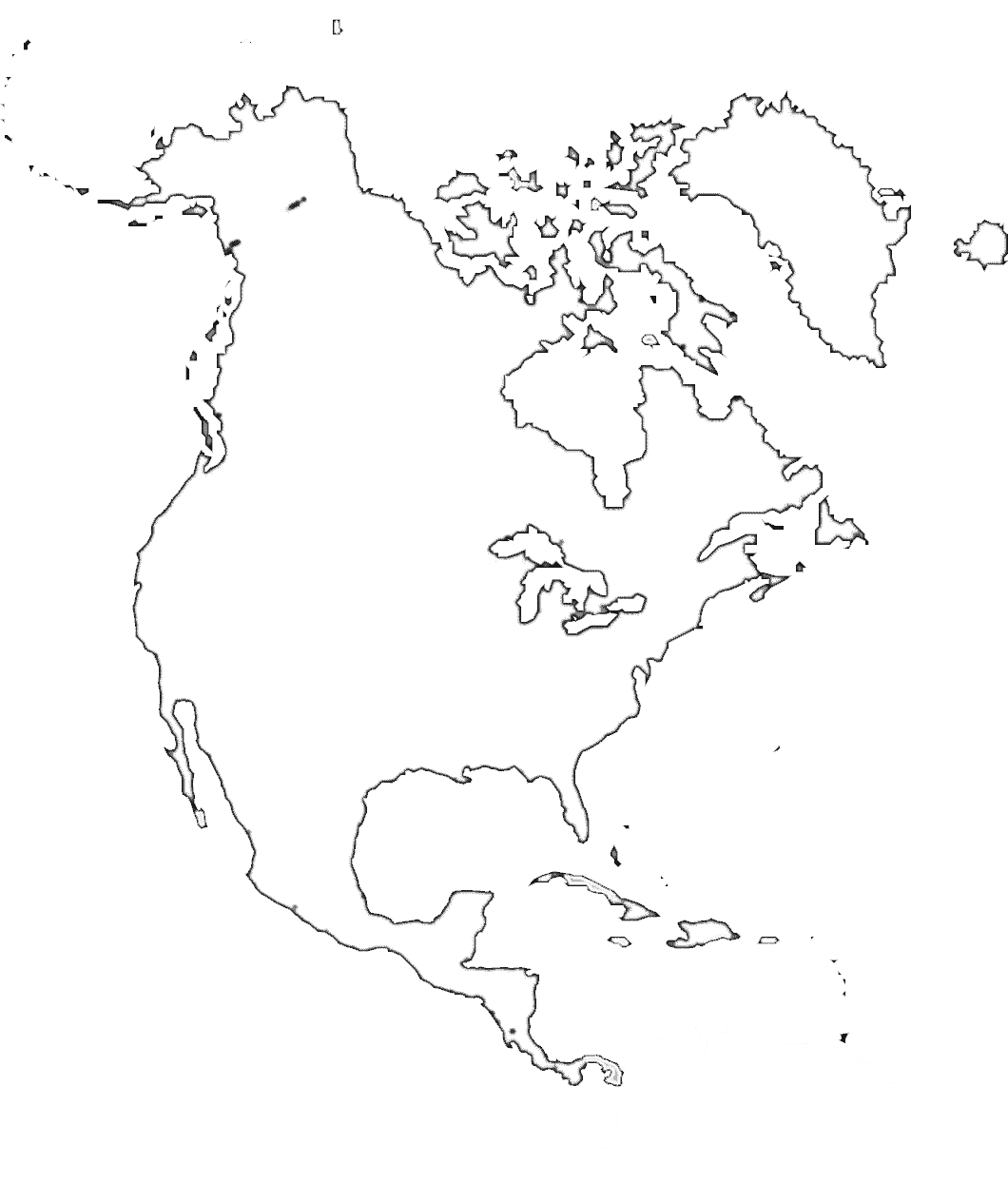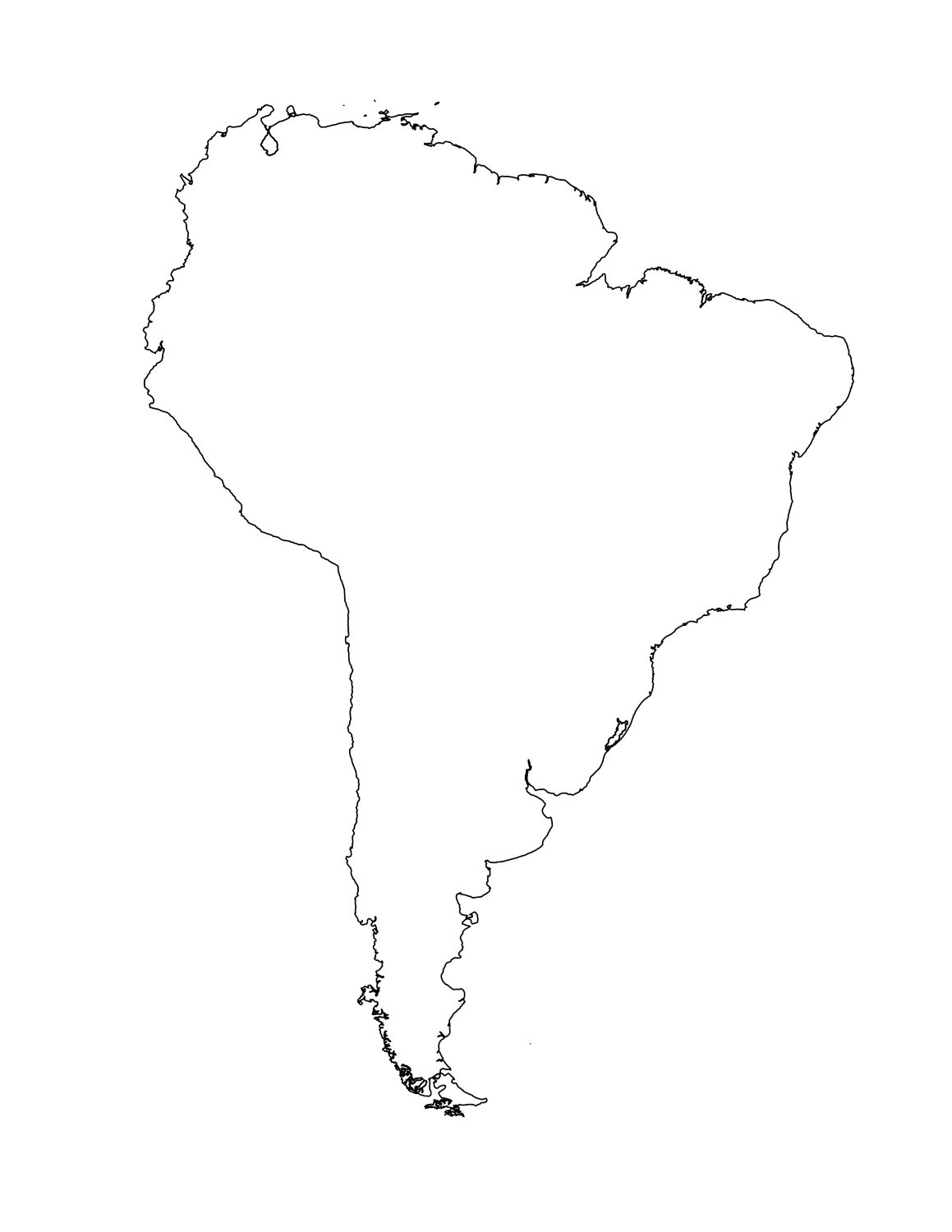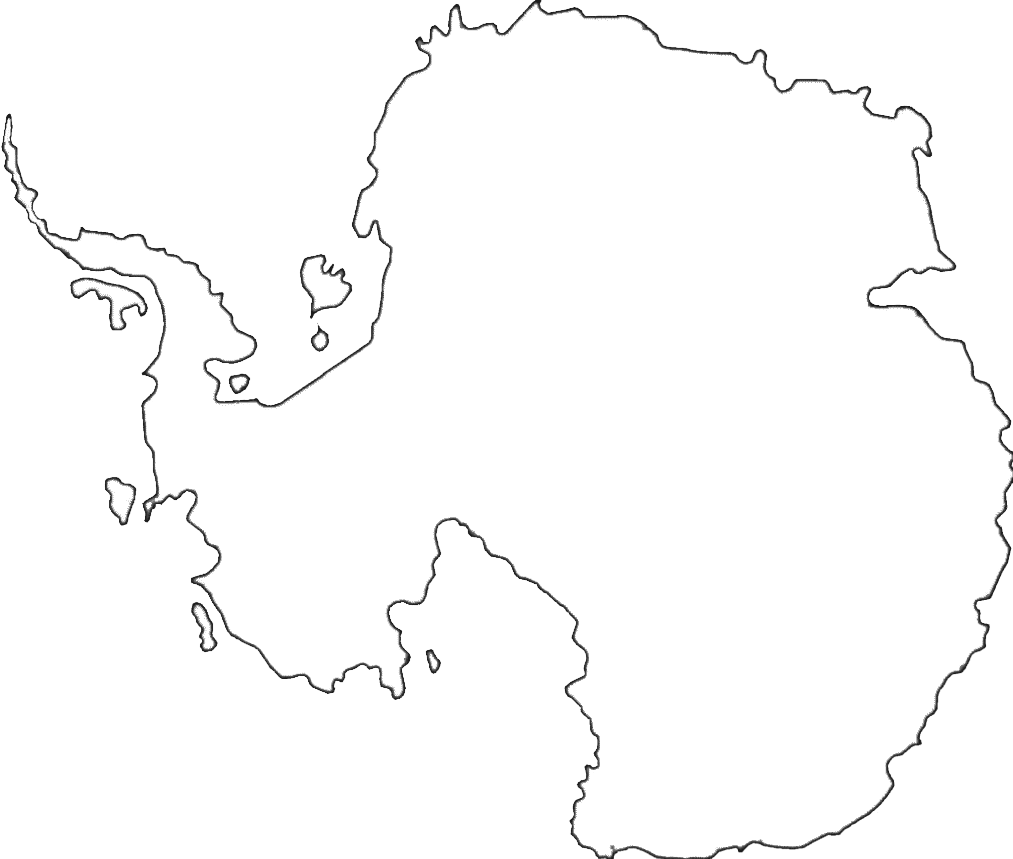
Ελλάδα

Greece |

Grèce |

Grecia |

Grecia |

ギリシャ |
Parliamentary republic
Unicameral Hellenic Parliament or Vouli ton Ellinon (300 seats; 288 members directly elected in single- and multi-seat constituencies by proportional representation vote and 12 seats are filled from nationwide party lists; 50 seats allocated to the party with the highest total valid vote count and remaining seats are apportioned according to each party's or coalition's vote pecentage; members serve 4-year terms)
Nine equal horizontal stripes of blue alternating with white; a blue square bearing a white cross appears in the upper hoist-side corner; the cross symbolizes Greek Orthodoxy, the established religion of the country; there is no agreed upon meaning for the nine stripes or for the colors; the exact shade of blue has never been set by law and has varied from a light to a dark blue over time

|
"Ymnos eis tin Eleftherian"
(Hymn to Liberty) |
Greek cross (white cross on blue field, arms equal length)
National colors: blue, white |
President Karolos PAPOULIAS (since 12 March 2005)
|
-
3 February 1830
(from the Ottoman Empire)
note - 25 March 1821, outbreak of the national revolt against the Ottomans
3 February 1830, signing of the London Protocol recognizing Greek independence by Great Britain, France, and Russia
-
Independence Day, 25 March (1821)
|
Australia Group, BIS, BSEC, CD, CE, CERN, EAPC, EBRD, ECB, EIB, EMU, ESA, EU, FAO, FATF, IAEA, IBRD, ICAO, ICC (national committees), ICCt, ICRM, IDA, IEA, IFAD, IFC, IFRCS, IGAD (partners), IHO, ILO, IMF, IMO, IMSO, Interpol, IOC, IOM, IPU, ISO, ITSO, ITU, ITUC (NGOs), MIGA, NATO, NEA, NSG, OAS (observer), OECD, OIF, OPCW, OSCE, PCA, Schengen Convention, SELEC, UN, UNCTAD, UNESCO, UNHCR, UNIDO, UNIFIL, UNWTO, UPU, WCO, WFTU (NGOs), WHO, WIPO, WMO, WTO, ZC |
Athens
37 59 N, 23 44 E
UTC+2
ATHENS 3.052 million
|
|
13 regions (perifereies, singular - perifereia) and 1 autonomous monastic state* (aftonomi monastiki politeia)
Agion Oros* (Mount Athos), Anatoliki Makedonia kai Thraki (East Macedonia and Thrace), Attiki (Attica), Dytiki Ellada (West Greece), Dytiki Makedonia (West Macedonia), Ionia Nisia (Ionian Islands), Ipeiros (Epirus), Kentriki Makedonia (Central Macedonia), Kriti (Crete), Notio Aigaio (South Aegean), Peloponnisos (Peloponnese), Sterea Ellada (Central Greece), Thessalia (Thessaly), Voreio Aigaio (North Aegean) |














































